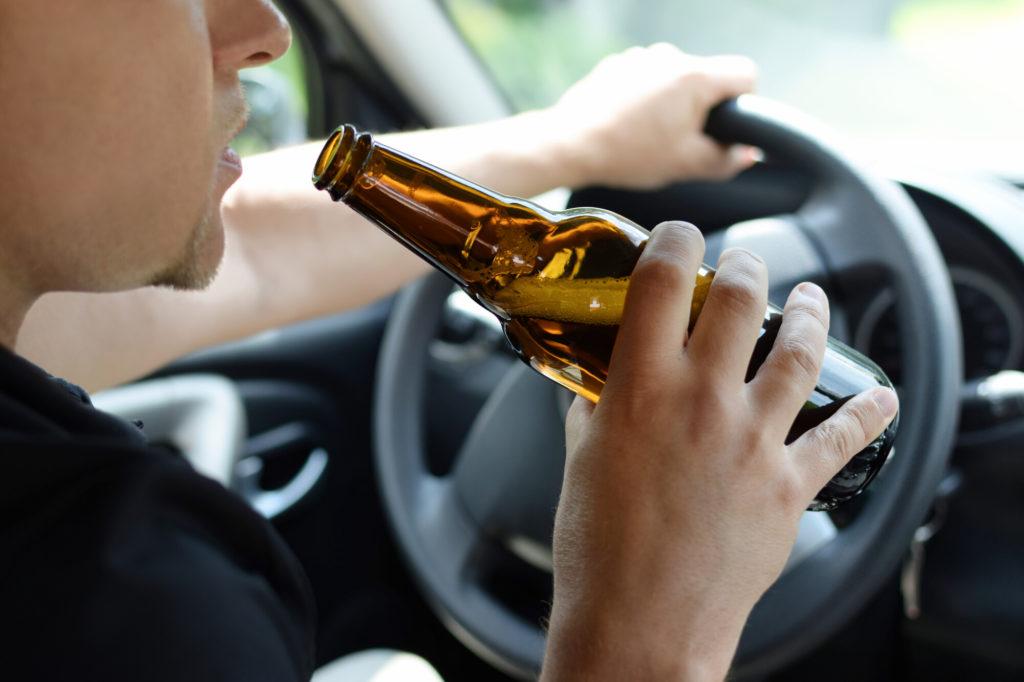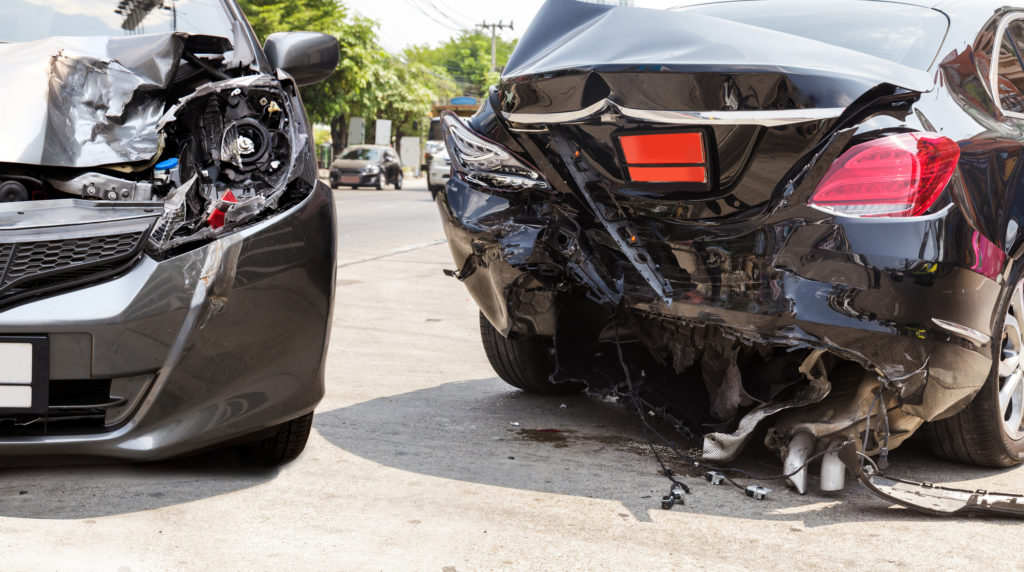
Daily, about 30 people die in the U.S. from drunk driving crashes. This is about 1 person every 50 minutes. If you’re someone who is convicted or is nervous about conviction, you might wonder what happens next. While DUI penalties can be rough, you can find a breakdown of what to expect.
This article will go over the different DUI penalties that you can check out to see what happens. Read on to explore these penalties in order to understand what to do next.
The Difference Between a DUI vs DWI
The difference between a DUI and a DWI varies by state. While some states treat them as separate instances, others use them interchangeably.
A DUI doesn’t always require a specific alcohol level. They need to be able to prove that you were impaired driving due to alcohol. In Minnesota, they’re often used interchangeably, and the terms have gone through changes throughout the years.
They refer to having an alcohol concentration that’s over the legal limit according to a urine, blood, or breath test within 2 hours of being stopped. Or, if you have any amount of controlled substances in your system.
This can include a controlled substance, hazardous substance, or alcohol. You’re considered intoxicated in Minnesota if you’re blood alcohol level is .08 and higher.
You can be arrested for having a lower level if the police officers can prove that you have errors while driving due to drugs or alcohol. You can also have drunk driving penalties if you refuse to take a breathalyzer.
Criminal Penalties
If someone is hurt, you have a child in the car, or your blood alcohol content (BAC) is higher, then the penalties can be harsher. For a BAC under 0.16% you might be charged with a misdemeanor, and possibly go to jail.
For results over 0.16%, you’ll receive a gross misdemeanor and potentially face up to 1 year in jail, and a fine. Refusing a test can cause you to spend time in jail, and pay a fine.
The Different Offenses
While first and second DUI offenses have similar DUI penalties, a 3rd DUI offense has harsher charges. No matter what your blood alcohol content is you can face up to a year in jail, and a fine. Jail can be incarceration at a facility, or electronic home monitoring.
Administrative Penalties
Administrative penalties are given out by the Minnesota Department of Public Safety. Even if you’re not convicted of a DWI, you might face these charges. They can include vehicle forfeiture, driver’s license cancelation or revocation, or plate impoundment.
The Costs Associated With a DUI
There are numerous charges after a DUI including chemical dependency assessment surcharges and fees, criminal surcharges and fines, and you might face penalty assessments, treatment costs, and bail as well. If you want to drive during the revocation period of your license, you have to pay for an ignition interlock device and a limited license.
Felony DUI
In Minnesota, if you’re arrested for a 4th time due to a DUI or a prior felony conviction, you might be charged with a felony. This can mean 7 years in prison and a much larger fine. Jail can include incarceration or remote electronic alcohol monitoring.
Underage Drinking
It’s a crime in Minnesota if you’re under 21 and consume any alcohol, and then operate a vehicle. You don’t need a blood alcohol content of .08%, and there doesn’t have to be proof that you’re driving under the influence.
In Minnesota, minors fall under what’s known as the not a drop law. The not a drop law is also known as 169A.33 underage drinking and driving.
If you fall under section 169A.31 (alcohol-related school bus), 169A.54 (impaired driving convictions), or 169A.20 (driving while impaired), these will apply instead of a license sanction.
Reinstating Your License
Once you complete all of the requirements, you can receive your license back. In order to get it back, you’ll need to pay a reinstatement fee, complete an application and pay other fees, and perform a chemical health assessment program. You’ll also need to pass a DWI knowledge test.
How Long Will It Stay on My Record?
When you have a DUI record, it’s retained by the Drivers and Vehicle Services, and the Bureau of Criminal Apprehension. You can apply to have a gross misdemeanor sentence expunged.
This means it’s sealed and the public can’t view it. The courts can still access it for future decisions. Even if your DUI is from another state, it can still count toward your total amount of charges.
What Should I Do if I’m Charged With a DUI?
If you’re charged with a DUI, you’ll want to speak to a defense lawyer right away. As soon as a defense lawyer is on the case, they can help you increase your odds of having a better outcome.
This might include charges being dropped. They can also let you know potential outcomes, and help you choose the best action to take next.
The Outcomes From DUI Penalties
Now that you’ve explored the outcomes from DUI penalties in Minnesota, you should have a better idea of what to expect. Are you facing a DUI/DWI charge, and aren’t sure what to do next?
Are you hoping to come up with a course of action in order to have the lowest penalty possible? No matter if it’s your first or fourth charge, contact us today, and we’ll come up with an action plan that meets your needs.


